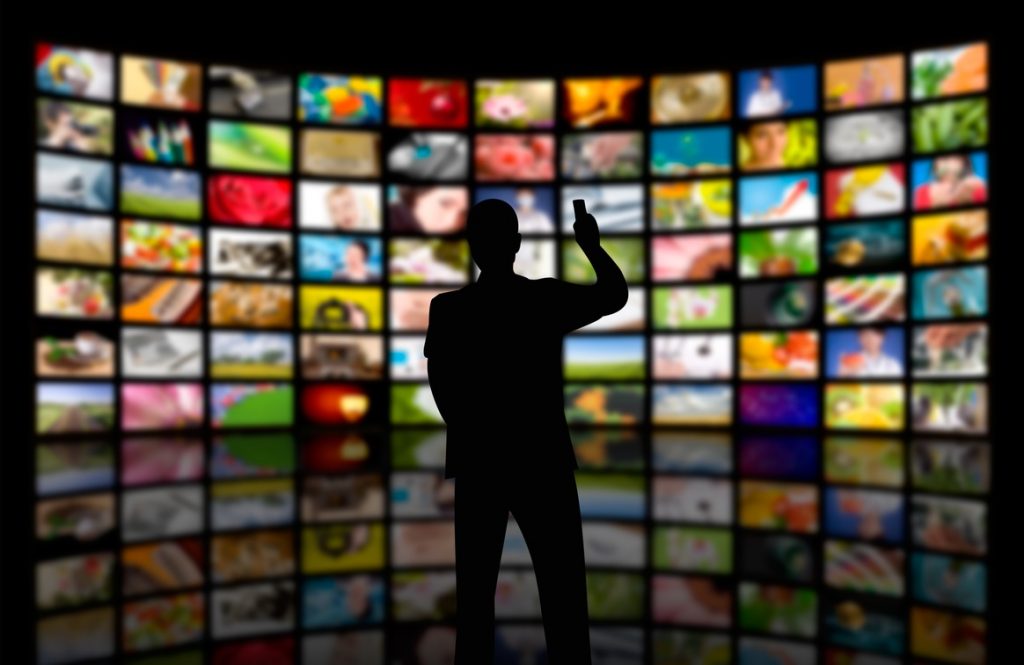How do the old and new media influence individuals and society?

Theoretical research
Description
Humankind experiences the world through constant interaction with its environment, with media (both traditional and digital) acting as powerful lenses that shape our perception and understanding. The evolution from old media such as newspapers, radio, and television, to new media like social networks, streaming platforms, and AI-driven content, has fundamentally altered how we communicate, form opinions, and build relationships.
The medium itself often influences not only the content but also the way information is processed and valued. Questions arise about the role of algorithms in curating information and whether this mediation challenges our notions of truth, freedom, and privacy. In an era marked by the rise of misinformation, deepfakes, and polarized narratives, the reliability of media sources and the impact on public trust are pressing concerns.
Moreover, the influence of media extends to the shaping of cultural norms, political participation, and social cohesion. The role of social media influencers and platforms in shaping discourse brings new ethical and societal questions around accountability and the power to influence mass audiences.
This challenge invites an exploration of the multifaceted impact of old and new media on individuals’ mental health, social behavior, democratic processes, and cultural identity. It also calls for reflection on how societies can foster media environments that promote informed citizenship, protect privacy, support well-being, and uphold democratic values.
The main goal of this challenge is to explore how old and new media has influenced individuals and society in the past, and how they are influencing individuals and society in the present. What threats and opportunities for our society lie in the changing media landscape? To be able to tackle complex global challenges in the near future, we need to know what the role of the media is and what their role could be.
Perspectives and possible directions
The evolving landscape of old and new media shapes individuals’ perceptions, social interactions, and societal structures in complex and interconnected ways. Students are encouraged to investigate how media influence operates across psychological, social, political, economic, and cultural domains, and to critically assess both opportunities and risks.
Some concrete examples of angles for exploration could include:
-
How do algorithms and platform designs influence what information individuals encounter? Consider mechanisms of echo chambers, filter bubbles, and misinformation. What systemic solutions could enhance transparency, media literacy, and critical thinking skills to empower citizens to navigate complex media environments?
-
How do different media forms affect political participation, public discourse, and the safeguarding of press freedom? What tensions exist between freedom of expression and the need to regulate harmful or false content? How do global and regional legal frameworks (e.g. EU Digital Services Act) seek to balance these competing demands?
-
With the rise of data-driven media, what are the implications for personal privacy and autonomy? How do individuals’ awareness and attitudes toward data collection differ across contexts? What ethical considerations arise for businesses and governments using personal data for media targeting or surveillance?
-
How do media consumption patterns impact psychological well-being, especially among children and young adults? Explore connections between social media use, self-esteem, body image, and social comparison. What role can media education and policy play in mitigating negative effects while fostering positive development?
-
How do old and new media facilitate bonding within groups or bridging between diverse communities? Conversely, how might media amplify polarization, social fragmentation, or exclusion? What strategies exist or could be developed to promote inclusive dialogue and mutual understanding in increasingly mediated societies?
-
Investigate how business strategies of media companies shape content creation, monetization, and user engagement. What are the impacts of influencer culture, advertising algorithms, and platform monopolies on diversity of voices and cultural production? How might alternative models (e.g., cooperative media, public interest journalism) reshape these dynamics?
-
How do media contribute to the construction and dissemination of cultural meanings, identities, and norms across local and global contexts? In what ways do media foster cross-cultural exchange or reinforce hegemonies and stereotypes? What role do arts and culture play in mediating and critiquing these processes?
-
Consider emerging technologies such as AI-driven content creation, virtual and augmented reality, and decentralized media platforms. How might these tools transform communication, social interaction, and knowledge production? What ethical, legal, and societal challenges do they raise?
